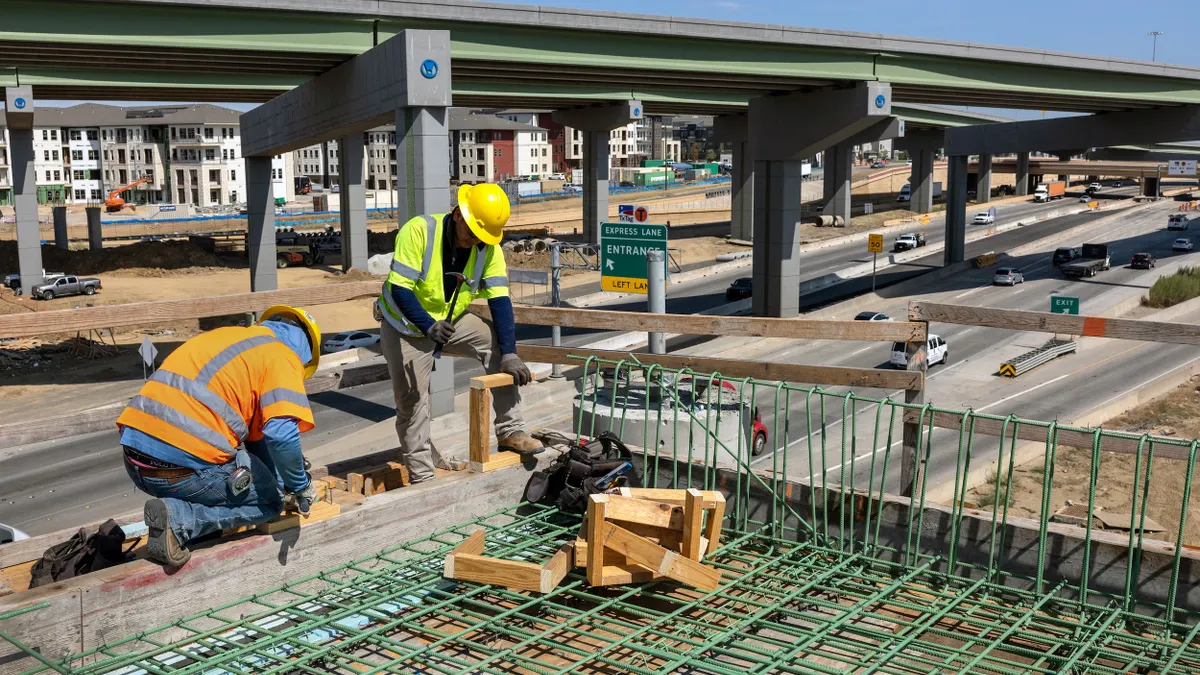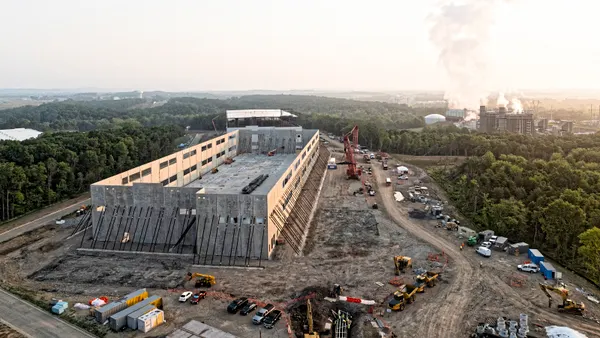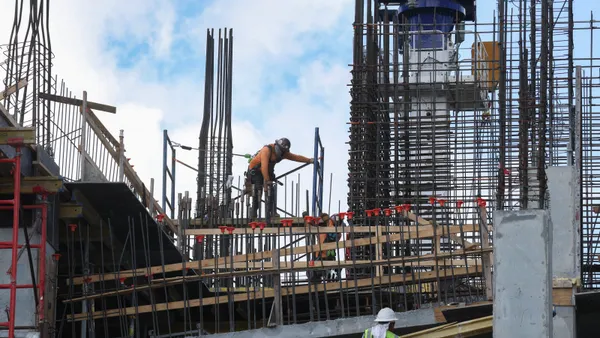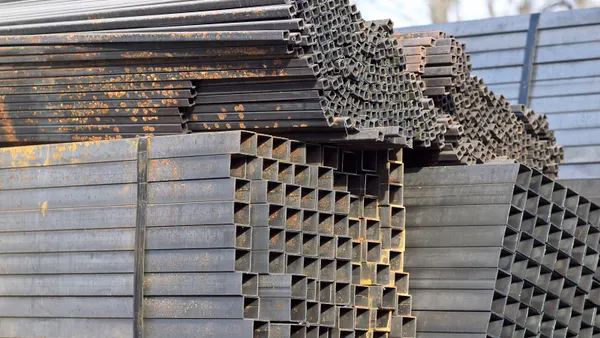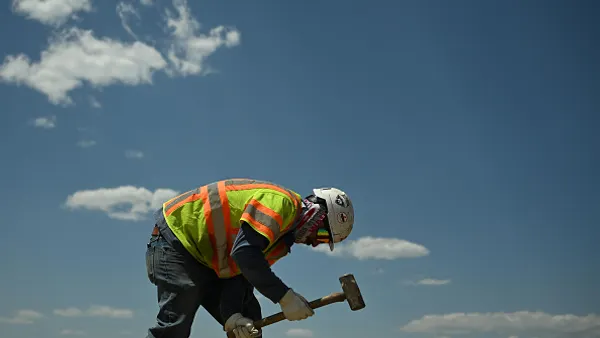Dive Brief:
-
Seattle’s housing market is moving from tight to extremely tight, according to the April Redfin Demand Index, which found that the city is poised to overtake list leaders Oakland, CA, and San Francisco as the U.S. housing market with the most constrained inventory.
-
Seattle’s inventory was down 35% year-over-year in April, the largest decrease nationwide, while the number of Redfin customers making offers increased 36.9%.
-
Seattle and nearby Tacoma, WA, are among the top five most competitive housing markets in the country, HousingWire reported, with 56.6% and 44.4% of homes, respectively, selling above asking price.
Dive Insight:
By nearly every indicator, Seattle is one of the, if not the, hottest housing markets in the country. The city leads the nation in population growth, increasing 3.1% between July 2015 and July 2016. And, not surprisingly, it led metros in home-price growth for the seventh-consecutive month, according to the latest S&P CoreLogic Case-Shiller Home Price Index. The data show prices for single-family homes grew 12.3% from March 2016 to March 2017, compared to an average of 5.8% nationwide for the period.
Seattle’s job market is booming, thanks in large part to the growth there of tech sector giants like Amazon. The city saw record development in its downtown core in 2016, with 68 buildings under construction at the end of the year.
Along with driving population growth, the jobs picture has created a swell of qualified buyers with which inventory hasn't been able to keep up. Demand is now so tight in Seattle that homes there are on the market an average of just 25 days.
Meanwhile, the city faces a land crunch: surrounded by water on two sides, there just isn’t much land to build on. (So much so that a rare, 17.8-acre in-town parcel has housing developers drooling.) Exacerbating the problem is that only 18% of the city’s land is zoned for multifamily projects, said Alan Durning, founder and executive director of research and policy nonprofit the Sightline Institute. And while 10,000 new apartments are expected to be constructed in Seattle this year, Durning says they won’t fill demand and rents will continue to rise.



